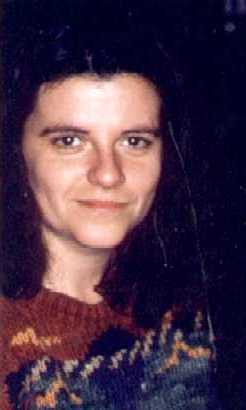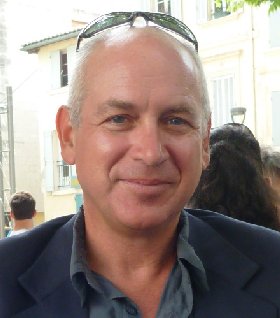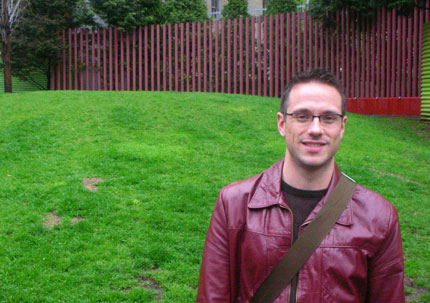 Composers, painters, writers, the whole motley lot–have always depended upon the kindness of strangers. Timely financial interventions of the Lorenzo de’ Medici here, the Nadezda von Meck there, the Paul Sacher over there have greased the skids for the makers of many of the world’s great masterpieces. Alas, those sort of patrons aren’t that plentiful nowadays and so a new “community” model of patronage has sprung up in which arts organizations pool their resources to commission new works. I call it the “Biegel” method after S21 blogger and pianist Jeffrey Biegel. I suspect he wasn’t the first to do it but he has turned joint financing of commissions into an art and a bustling career.
Composers, painters, writers, the whole motley lot–have always depended upon the kindness of strangers. Timely financial interventions of the Lorenzo de’ Medici here, the Nadezda von Meck there, the Paul Sacher over there have greased the skids for the makers of many of the world’s great masterpieces. Alas, those sort of patrons aren’t that plentiful nowadays and so a new “community” model of patronage has sprung up in which arts organizations pool their resources to commission new works. I call it the “Biegel” method after S21 blogger and pianist Jeffrey Biegel. I suspect he wasn’t the first to do it but he has turned joint financing of commissions into an art and a bustling career.
Joan Tower’s Made in America, which will be released by Naxos next Tuesday, is the latest example of the art of the deal, new music-style, and it adds an intriquing new wrinkle–a corporate sponsor. The project began as an attempt by 65 small orchestras from around the United States to pool their resources to commission a new work by a major American composer. With the help of the American Symphony Orchestra League, Meet The Composer, and Ford Motor Company Fund, (the latter patronage leading to the fortuitous branding, Ford Made in America), the project has brought Tower’s piece to towns nationwide.
Made in America, premiered in Glens Falls, New York in October 2005, and has received over 80 performances—making it perhaps the most-performed piece of new music in recent history—and is still making the rounds on the concert circuit.
The new Naxos recording marks the first appearance of new Music Advisor Leonard Slatkin on record with the Nashville Symphony.
As for the music itself: it’s not Ligeti but you knew that. Made in America is more like a Copland chocolate plucked from a Whitman Americana Sampler. Gooey and slightly pre-chewed, but you kind of like it.

 I don’t know very much about Aitana, except that she teaches composition at the Catholic University in Buenos Aires, and did some study in Europe with Walter Zimmermann.
I don’t know very much about Aitana, except that she teaches composition at the Catholic University in Buenos Aires, and did some study in Europe with Walter Zimmermann. The
The  For the first subject of this column I’ve picked Ben Johnston, someone who has gotten some coverage on this site but remains criminally neglected. Born in Georgia in 1926, Johnston was variously taught by Harry Partch, Darius Milhaud, and John Cage. All three composers had an obvious effect on his music, but he quickly developed his own distinct voice. Best known for expanding on Partch’s experiments with just intonation, Johnston has contributed not only as a composer, but as a theorist and writer as well.
For the first subject of this column I’ve picked Ben Johnston, someone who has gotten some coverage on this site but remains criminally neglected. Born in Georgia in 1926, Johnston was variously taught by Harry Partch, Darius Milhaud, and John Cage. All three composers had an obvious effect on his music, but he quickly developed his own distinct voice. Best known for expanding on Partch’s experiments with just intonation, Johnston has contributed not only as a composer, but as a theorist and writer as well. Here’s something to put in your calendar. Our friends at the
Here’s something to put in your calendar. Our friends at the  To bolster that argument, let me point to two new Nielsen releases from DaCapo that have appeared so far this year. The first is a collection of his shorter opera and theater pieces called
To bolster that argument, let me point to two new Nielsen releases from DaCapo that have appeared so far this year. The first is a collection of his shorter opera and theater pieces called  As will
As will 
 Catch the show Friday and check out his new album called
Catch the show Friday and check out his new album called